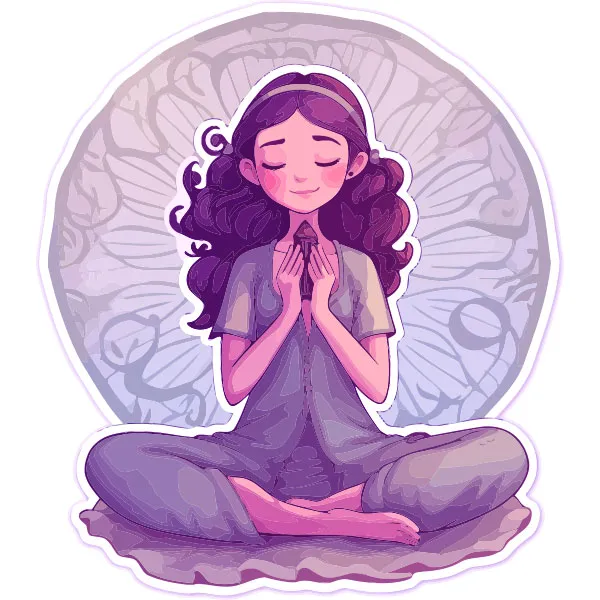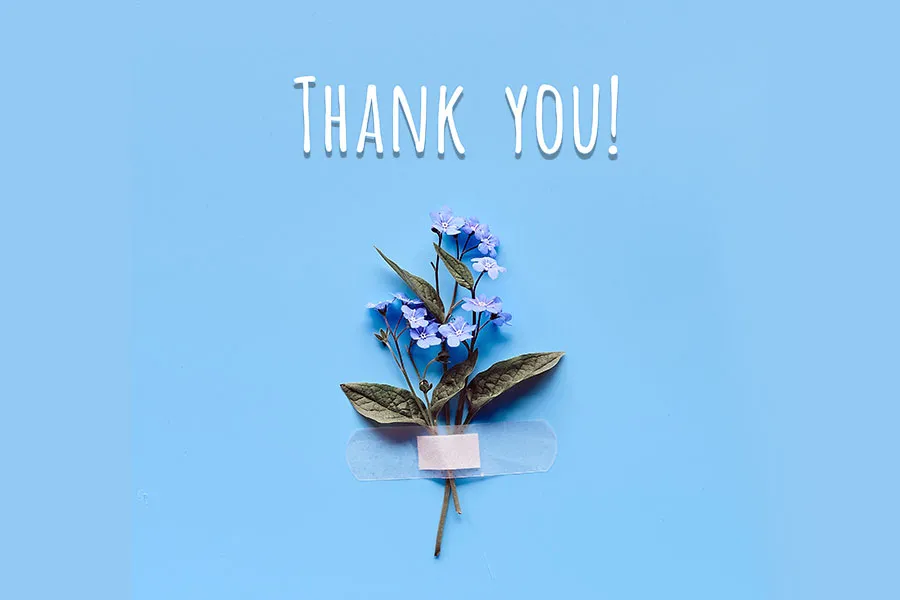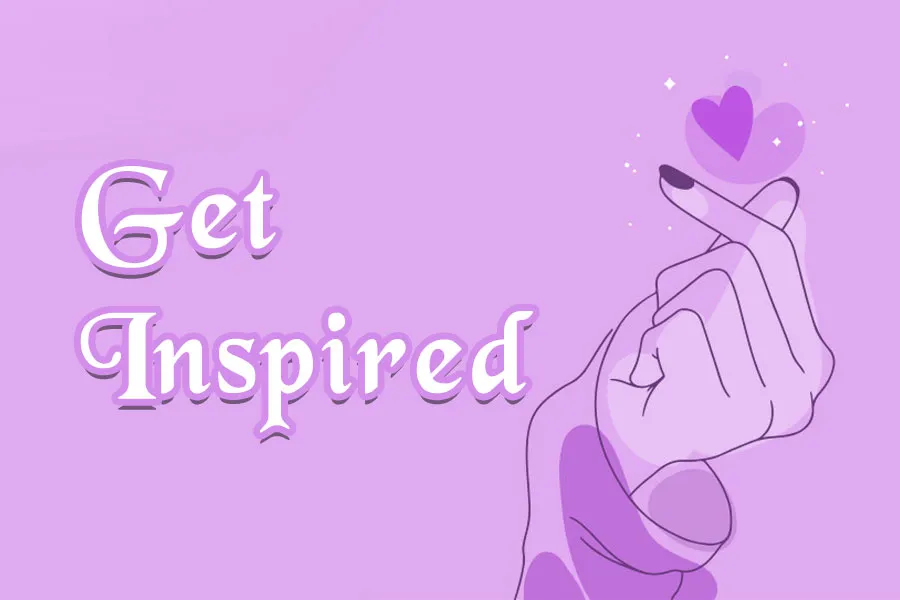
Did you know that simply being grateful makes us happy? So let us empower ourselves with a thankful heart and believe that AllzWellEver
Gratitude is a magic pill that develops our immunity over the triumphs and trials of life. It is a natural antidepressant that activates certain neural circuits which produce the “feel-good” neurotransmitters, Dopamine and Serotonin. It gets better: The more you stimulate these neural pathways through practicing gratitude, the stronger and more automatic they become. Hebb's Law states that "neurons that fire together wire together". Practicing gratitude, over time, encourages our brains to search more consistently for constructive themes in our life instead of damaging ones, helping us water our flowers instead of weeds.
With gratitude, people can acknowledge the goodness in their lives. It also helps people connect to something larger than themselves, whether it is nature, a higher power or other people. To me, gratitude is being humble and privileged with things that I am not automatically entitled to à which means, almost everything!


Pause and ask yourself, do we have a default entitlement over anything? Didn’t the 2020 pandemic remind us of this? When you think of it, everything can be taken away in an eye’s blink. The fact that tomorrow is not guaranteed for anyone can be a strong motivator. Therefore, by expressing gratitude to everything that we are blessed with, we acknowledge our luck, gain positivity and thereby improve our well-being.
The “taking for granted syndrome" does us more harm than good. It is our tendency to switch off to the value of the good things in our lives. We often fail to appreciate the full value of our health, of the people we love, of our peace, freedom and prosperity. Not to mention the very fact that we are all alive together at this very time on the beautiful planet Earth.
We usually do learn the value of these things when they’re taken away from us – such as when we become seriously ill or when we lose touch with a close friend. At that point, we tell ourselves, “If only I were healthy again or if only my friend came back to me, then I’ll definitely be happy!” If we are fortunate enough, those good things might be returned to us again. Which is when we usually go through a honeymoon period of real appreciation. But this is usually only temporary. After a while, the taking for granted syndrome operates again, switching us off to the value of our blessings.
So how can we practice this skill mindfully?


Be grateful for the gift of ‘now’. Yesterday is history and tomorrow is a mystery.

The quality of our life depends on the quality of our relationships. Make endearing thank-you notes for them. Find fun ways to thank your near and dear ones; bask in their smile.

It might sound cliche! But it actually helps. Counting your blessings help them magically multiply. Try it out!

Inspire yourself on the power of gratitude with books, stories, videos, role models and more. Why not write your own ‘Thankful’ story?

Journaling a few things you are grateful for is another popular exercise. To begin with, reflect on 3 blessings every day. You may choose when and how you do it in your own way. Journaling enables you to focus on all the good things that happened to you in a given set of time.

Thank you, that's all from me on my favourite topic. Looking forward to your views too.